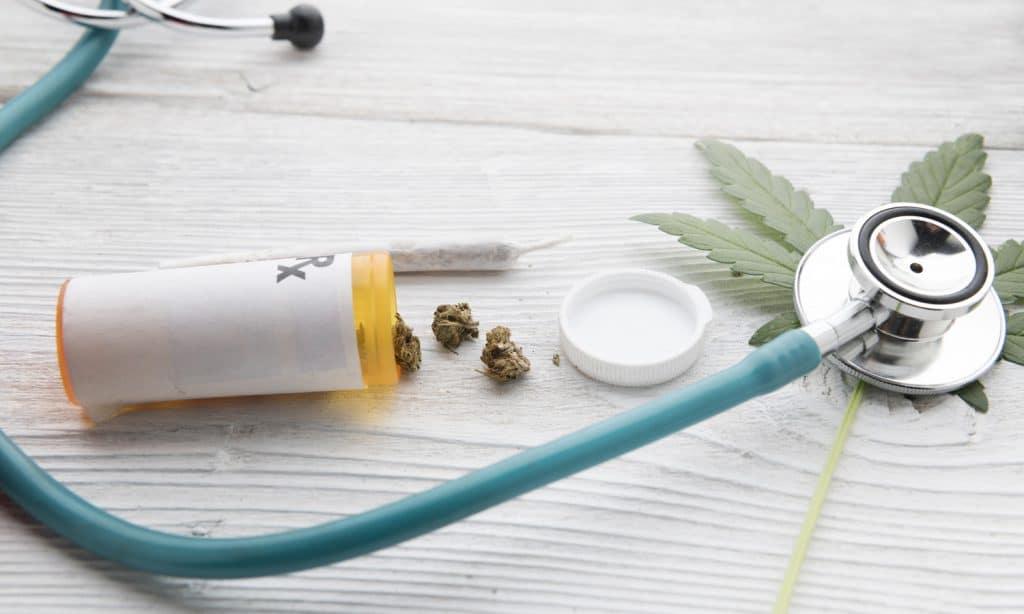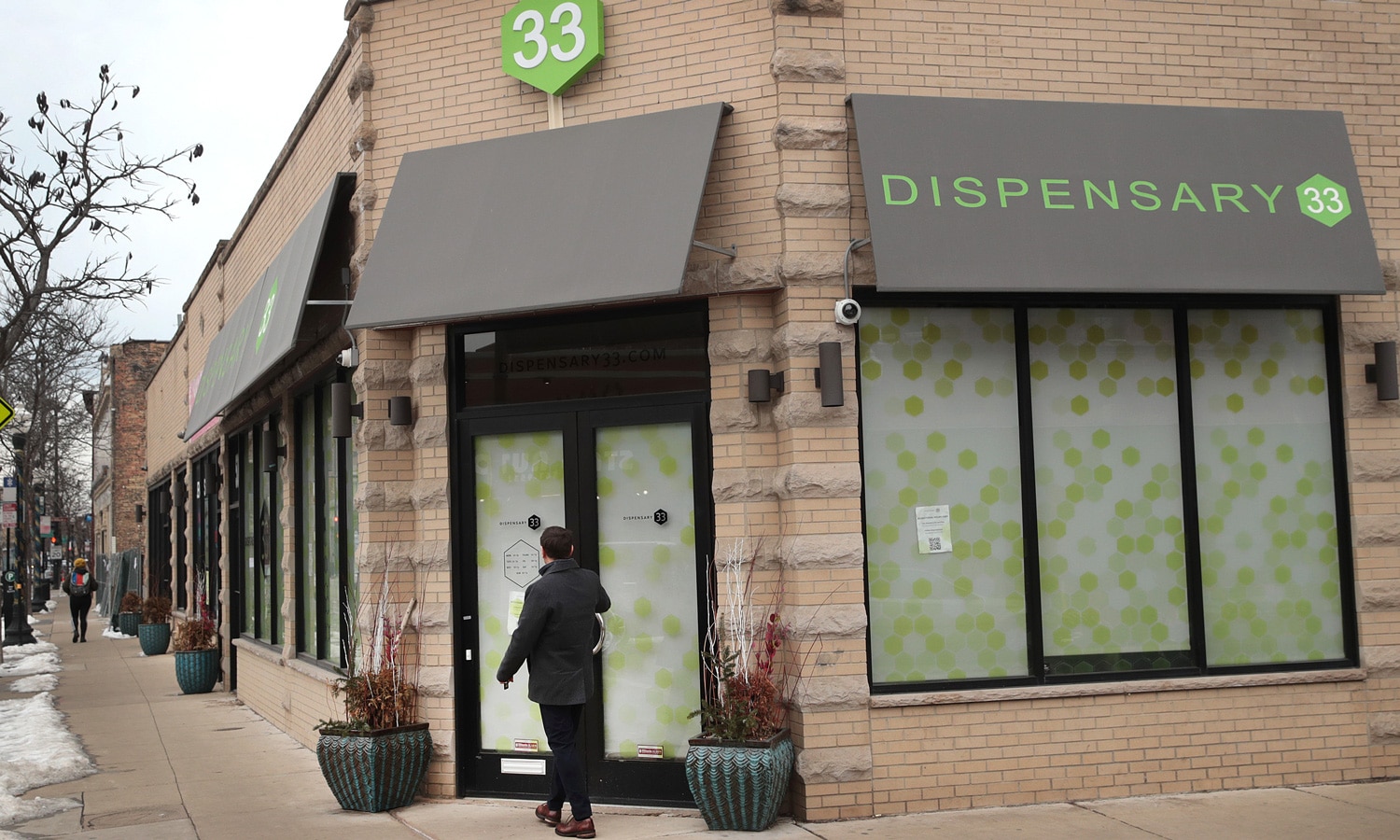The truth is, the federal government and the disability laws put in place do not protect employees who consume medical marijuana.
The United States government defines disability as: a person who has a physical or mental impairment that substantially limits one or more major life activities, a person who has a history or record of such an impairment, or a person who is perceived by others as having such an impairment.
In 1990, the Americans with Disabilities Act (ADA) was signed into law, banning discrimination against those with physical and invisible disabilities. Among its five titles is ADA Title I, which applies to employment.
With this law in place, one would think that the ADA protects disabled individuals with a legal medicinal marijuana card (MMJ card) in their legal state. The truth is, the federal government and the disability laws put in place do not protect employees who consume marijuana.
What is The Americans with Disabilities Act (ADA)?
The ADA is a federal disability rights law that prohibits discrimination on the basis of disability in: employment, state and local government, public accommodations, commercial facilities, transportation, and telecommunications.
The law prohibits private employers, state and local governments, employment agencies, and labor unions from discriminating against qualified individuals with disabilities during the application process, when considering hiring and firing, when considering promotions and compensation, and other terms, conditions, and privileges of employment.

The ADA Interactive Process
Employees and applicants with a disability/medical condition can request a reasonable accommodation from their employer/prospective employer that would allow them to do the job in question. Examples of reasonable accommodations:
- Larger computer monitors
- Altered shift for treatments
- Moving to a new position
- Allowing breaks for medicine consumption
When the employer learns of the employee’s/prospective employee’s medical condition/disability, the employer must start the interactive process. Not doing so is an ADA violation and grounds for an Equal Employment Opportunity Commission (EEOC) complaint filing on the employee’s behalf.
RELATED: Will Testing Potential Employees For Marijuana Become A Thing Of The Past?
Part of the interactive process is reviewing the essential job functions of the position in question. At this stage, the employer and employee should identify potential barriers to performing the job. This includes learning about exact limitations and the type of accommodations that would be most effective.
The Reason Employers Can Say No to Marijuana
During the interactive process, an employer can return an answer of “no accommodation” if the accommodation is a request to consume medicinal marijuana (this is not the case in certain states- more on this later). This is allowed because marijuana/ cannabis remains federally illegal.
Cannabis hemp is federally legal, however, cannabis marijuana (cannabis with more than 0.3% THC) is not. Employers are allowed to discriminate against an MMJ card holder/cannabis patient- simply on the basis of their form of medicine.
States that Have Laws Protecting MMJ Card Holders/ Cannabis Patients
There are about 3,099,934 MMJ card holders/cannabis patient’s in the United States. Thankfully, a number of states have stepped in to offer state level employment protections for those with MMJ patients, including: Arizona, Arkansas, Illinois, Maine, Massachusetts, Minnesota, Connecticut, Nevada, New Jersey, Delaware, New York, Oklahoma, Pennsylvania, Rhode Island, West Virginia, and New Mexico.
RELATED: End Of Pre-Employment Drug Testing Doesn’t Mean You Can’t Still Be Fired For Marijuana
In these states, there is some level of protection for marijuana/cannabis consumption. Other states have passed laws that prohibit discrimination against MMJ card holders/cannabis patients based solely on drug tests, including: New York, Arizona, Pennsylvania, Oklahoma, Connecticut, Delaware, Illinois, Maine, Minnesota, and Nevada.
Federal Employees/Contractors and The Federal Drug Free Workplace Act
Federal level projections are somewhat in place for federal employees and contractors. Though the Federal Drug Free Workplace Act requires entities that contract with the federal government to enforce zero-tolerance drug policies; the act doesn’t regulate drug use outside of work hours, and doesn’t require drug testing.
It’s important for employees and prospective employees to research laws for the state that they are employed in. Equally important is diving into employer policies regarding medication/”drug” use. It is important to know your rights so that you are able to effectively discuss your needs and the employers obligation under state law(s).


